Bonjour les amis 🤴 Comment ça va ? Est-ce que vous êtes prêts pour quinzième chapitre du Petit Prince ?
Just a heads up, I'm not a professional teacher, but rather another learner. The information I share might not be entirely accurate.
Apercevoir - see, notice, spot, discern
« voilà un explorateur ! s’écria-t-il, quand il aperçut le petit prince. » (here's an explorer!" he exclaimed when he saw the little prince.)
❓I have a question for you.Personally, do you utilise this word often ? In my case, no. Can you guess the synonym of apercevoir ?
It’s regarder, voir, remarquer… Do you realise we use these words more often than apercevoir in our daily conversation, no ?
🙋🏻♀️ Wait, did you know that we use in this way too ?
S’apercevoir - se rend compte de quelque chose (understand, realise)
« Je m’aperçois que j’ai oublié ma carte. » (I realise that I've forgotten my card.)
Wow, it is completely different meaning right ?Véritable - real, true, proper, authentic
« Ça, c’est bien intéressant, dit le petit prince. Ça, c’est enfin un véritable métier ! » (That's very interesting", said the little prince. That's a real job at last!)
In this sentence, le petit prince used “véritable” to emphasise his surprise, and of course we can use it literally.Flâner - stroll, wander around
« Le géographe est trop important pout flâner. » (The geographer is too important to dawdle.)
Interroger vs faire une enquête
« Il les interroge, et il prend en note leurs souvenirs. Et si les souvenirs de l’un d’entre eux lui paraissent intéressants, le géographe fait faire une enquête sur la moralité de l’explorateur. » (He questions them and writes down their memories. And if one of their memories seems interesting to him, the geographer has an investigation done on the explorer’s morality.)
I was curious the difference between Interroger and faire une enquête.Interroger - poser des questions directement à quelqu’un, comme dans un entretien ou un interrogatoire. (to question or interview someone.)
Faire une enquête - rechercher des informations de manière plus approfondie et méthodique, souvent en parlant à plusieurs personnes ou en vérifiant des faits. C’est un processus plus long. (to conduct an investigation or an inquiry.)
Now, do you understand why he used “faire une enquête” instead of “interroger” to better know the person’s morality ?
Entraîner - lead, result
« Parce qu’un explorateur qui mentirait entraînerait des catastrophes dans les livres de géographie. » (Because an explorer who lied would cause disasters in the geography books. )
⭐️ Did you notice that the two verbs in this sentence, mentirait and entraînerait, are both in the conditionnel présent to express a hypothetical situation?Now, if you’ve already studied the concept of l’hypothèse in French, you might be thinking: “Wait, don’t we have to use the imparfait with the conditionnel?” Yes, you’re absolutely right, but only when the sentence uses “si.” For example:
Si un explorateur mentait, il entraînerait des catastrophes.
(If an explorer lied, he would cause disasters.)However, in the sentence from the book, since there is no “si”, it is grammatically correct to use two verbs in the conditionnel présent in the same sentence.
Exiger - require, demand
« Mais on exige de l’explorateur qu’il fournisse des preuves. » (But it is required of the explorer that he provide evidence.)
👩🏫 Do you have anyone who expects a lot and wants everything done very well with no mistakes, and therefore not easily satisfied ? In French, there is a word you can use, exigeant(e).For example, my colleague is exigeante because she works hard and wants everything to be perfect. Plus, she is hard on herself. In this case, I can say: ‘J’ai une collègue qui est exigeante.’
In other words, when we say someone is 'exigeant(e)', it’s not necessarily a negative word — but it can mean the person is strict, a perfectionist, or hard to please.Fournir - provide, give, offer, supply
« On attend, pour noter à l’encre, que l’explorateur ait fourni des preuves. » (We wait until the explorer has provided evidence before writing it down in ink.)
💪 Wait, do you see, pour que and subjontif in the sentence?
« On attend, pour noter à l’encre, que l’explorateur ait fourni des preuves. »
If you have no idea what it means, check out this post :)#72 : What is "Pour que"
·Hello friends, today I would like to share with you what I search for often in the dictionary but can't seem to memorize, use, or understand exactly what it means. It is 'pour que’.
Éphémère - short-lived, temporary
« Ma fleur est éphémère, se dit le petit prince, et elle n’a que quatre épines pour se défendre contre le monde ! Et je l’ai laissée toute seule chez moi ! » (My flower is ephemeral,‘ said the little prince, ’and it has only four thorns to defend itself against the world! And I've left it all alone in my house!)
As I write this post, I revised a lot than other chapters. I hope you did too. Happy learning 🌹





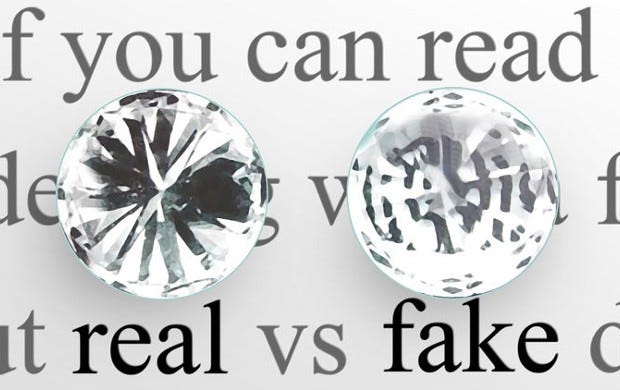
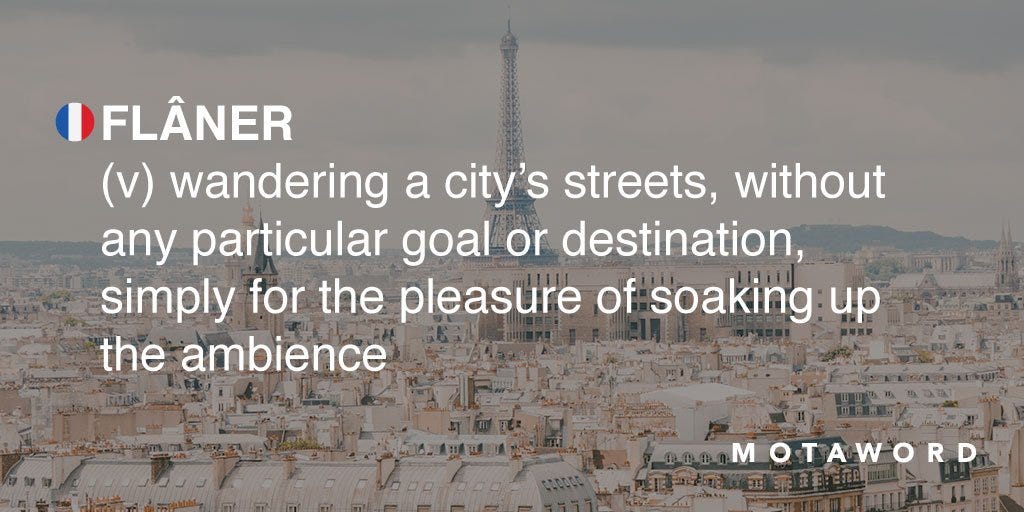
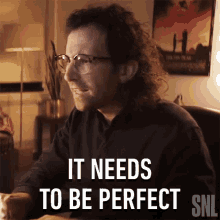
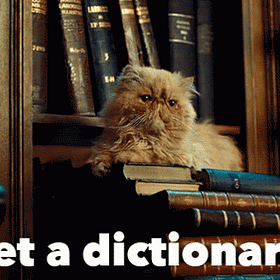
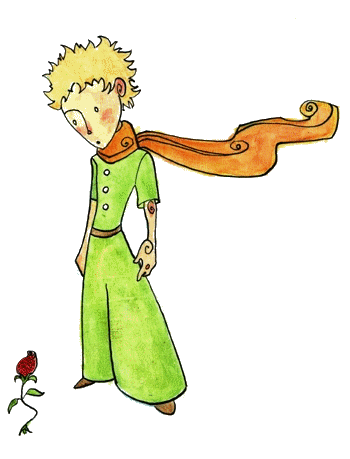
I love the little prince! Un grand classique et l'un des mes livres préférés:)